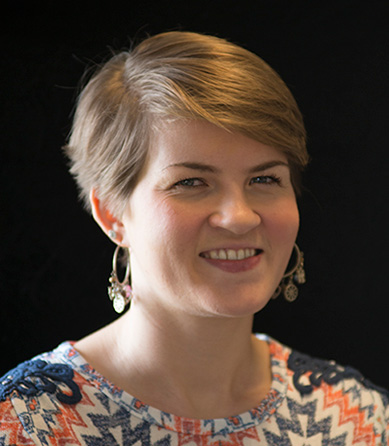When Lydia was gifted ten thousand dollars by anonymous donors, she spent little of it on herself. Instead she gave generous gifts to coworkers, family, flood victims, and charities. Lydia, unbeknownst to her, was part of a study following how two hundred people responded to a no-strings-attached gift of ten thousand dollars through wire transfer. That study found that more than two thirds of that gifted money was given away. Sharing this story, Chris Anderson, head of the TED organization, reflected, “It turns out that . . . we human beings are wired to respond to generosity with generosity.”
In Scripture we find that when people live generously, they reflect the heart of the God who made them. God is generous, merciful, and kind, not just to some but to all—even “to the ungrateful and wicked” (Luke 6:35). So Jesus instructed those who desire to reflect God’s character to “love,” “do good to,” and “lend to” even enemies “without expecting to get anything back” (vv. 32-35).
Yet when we give without expecting anything back, we’ll find that it’s never a way of life that harms us. Jesus pointed this out too, saying, “Give, and it will be given to you. . . . with the measure you use, it will be measured to you” (v. 38). When we respond to God’s generosity by living generously, we find we’re enriched in countless ways.
